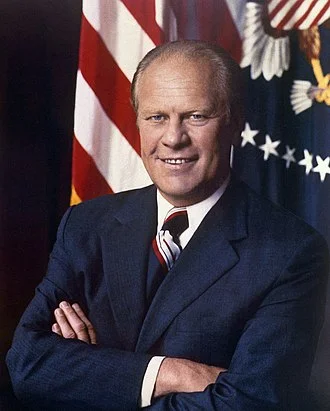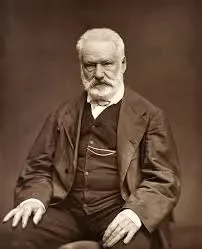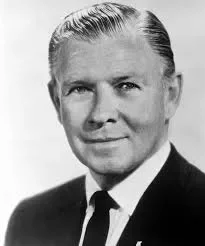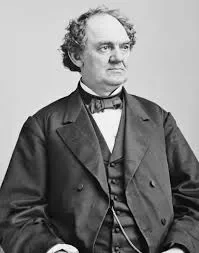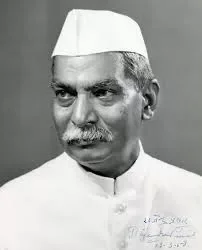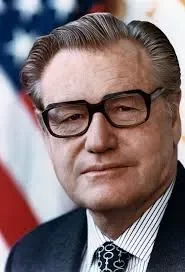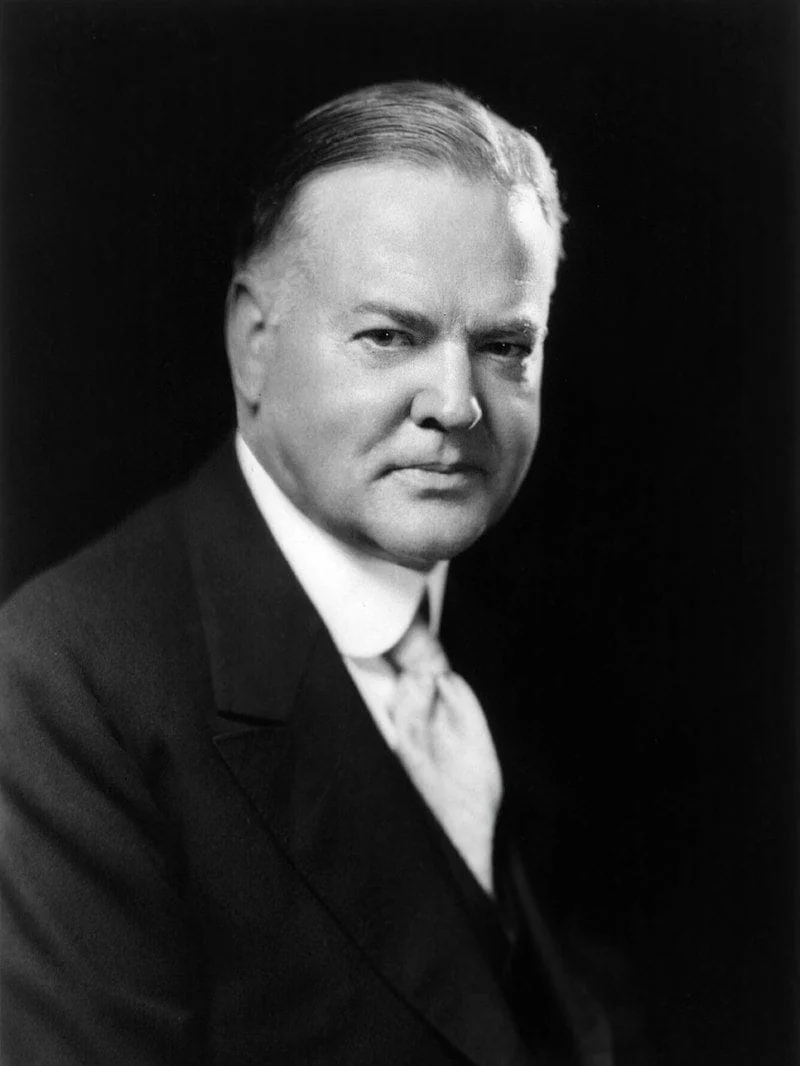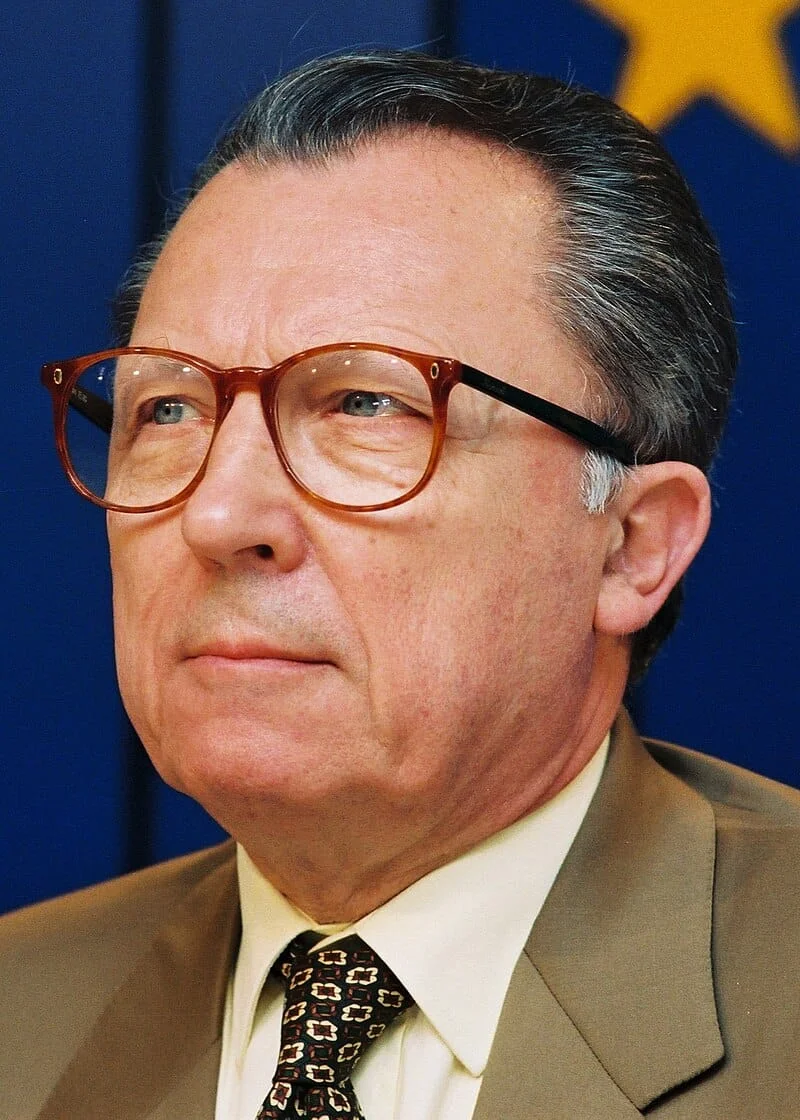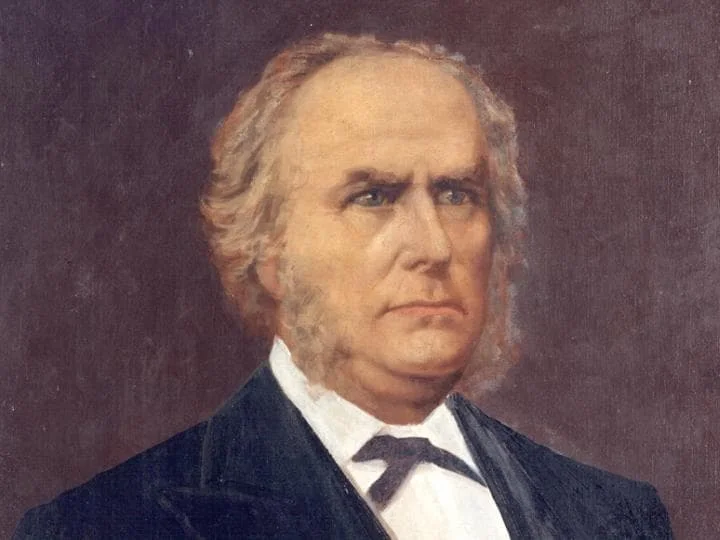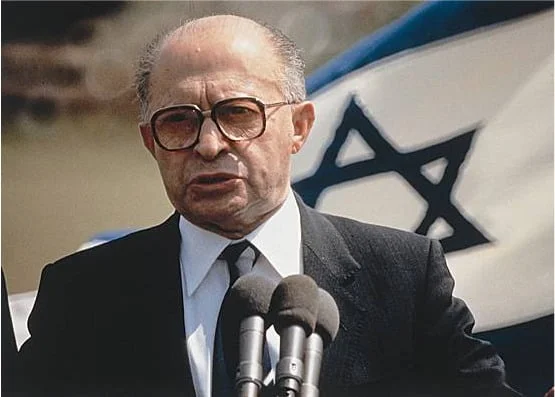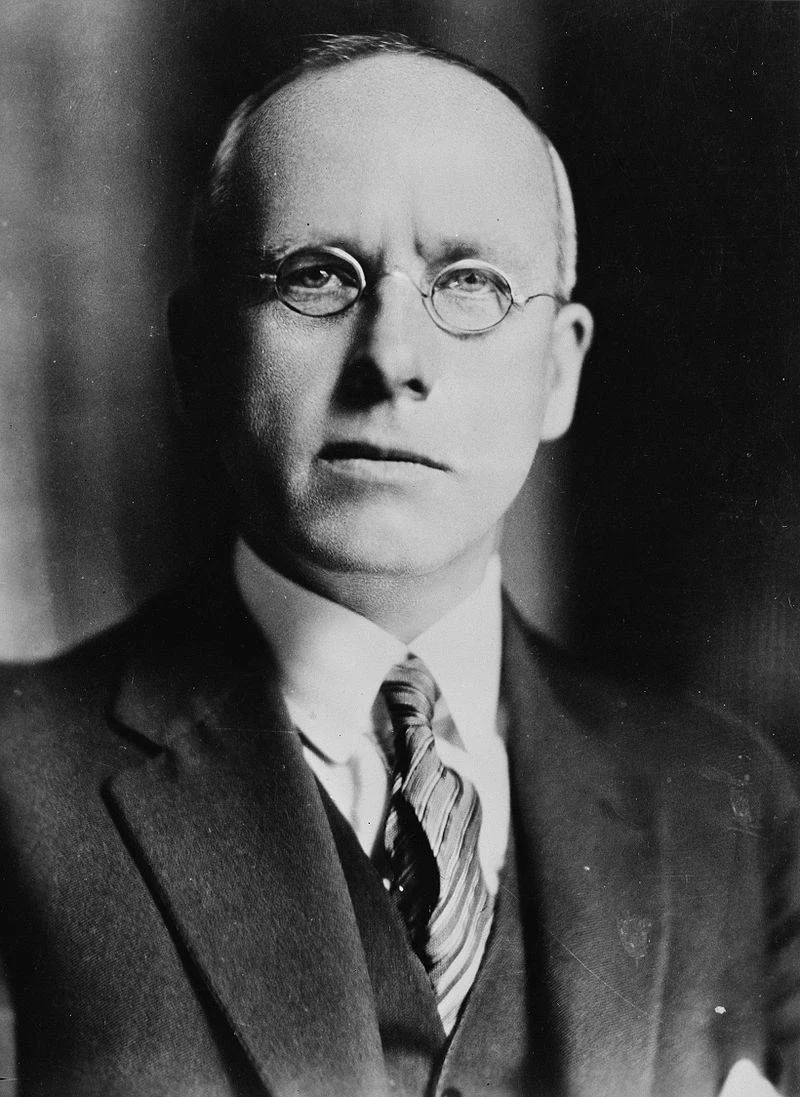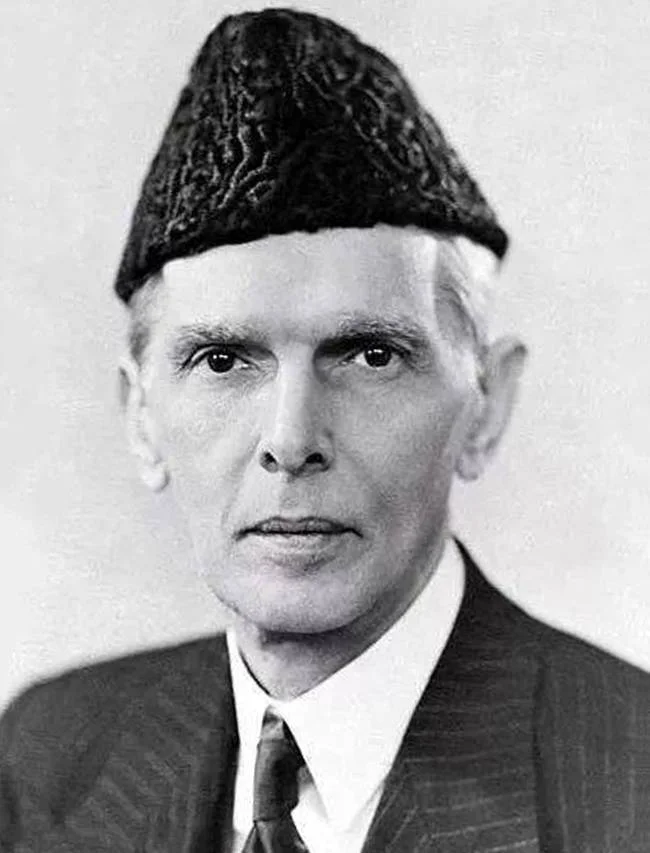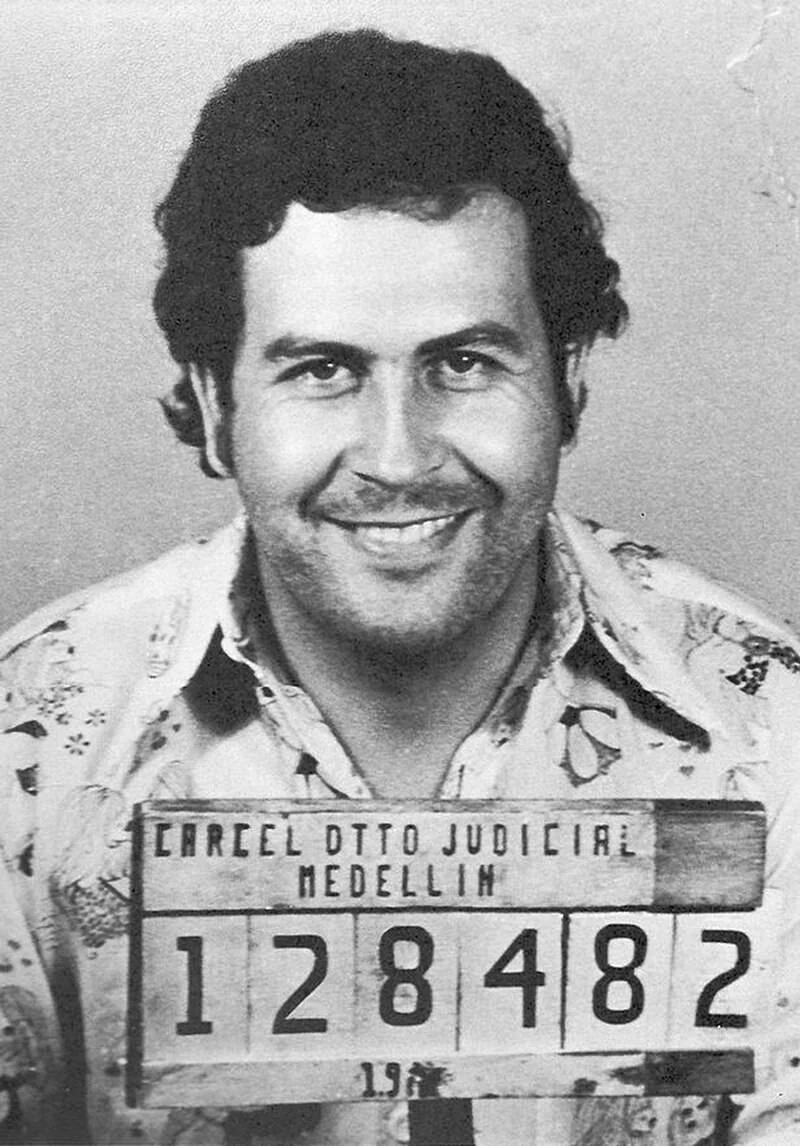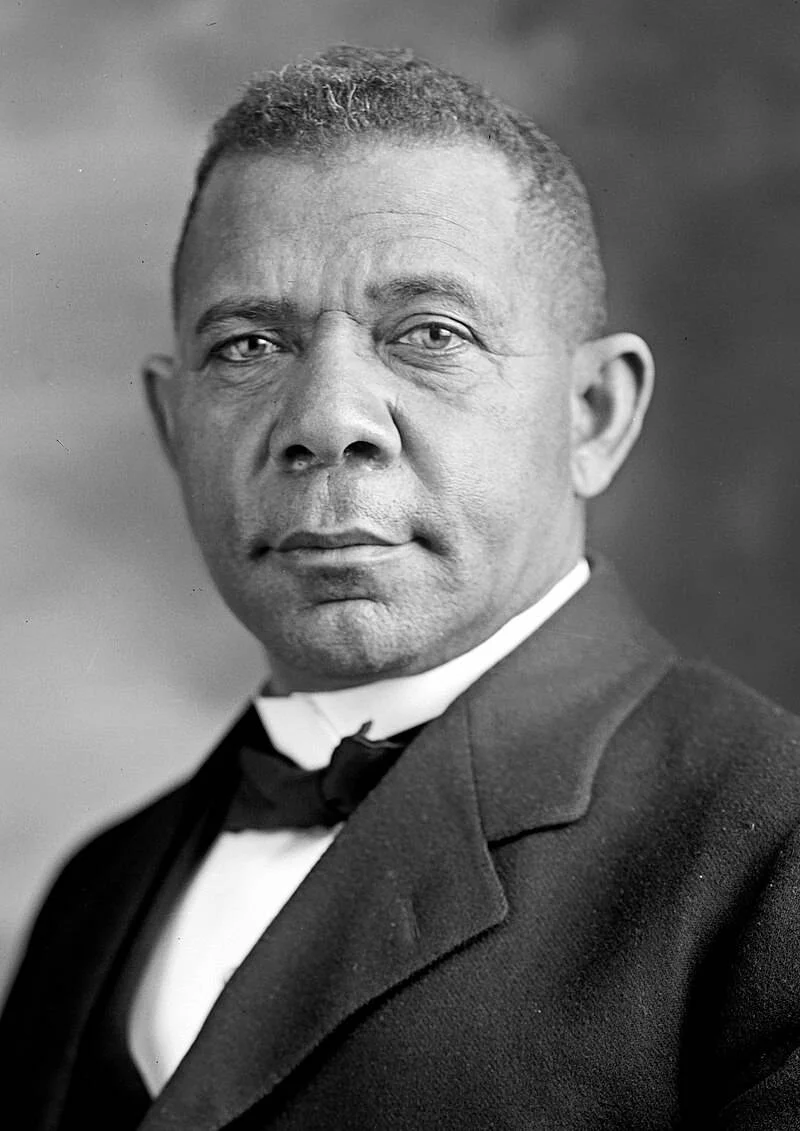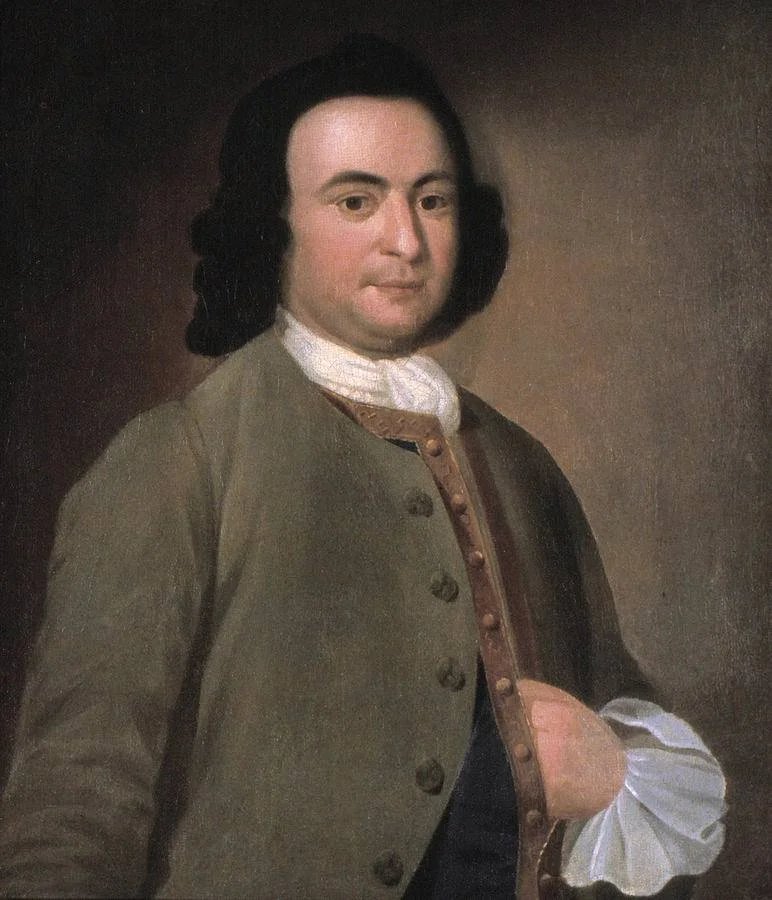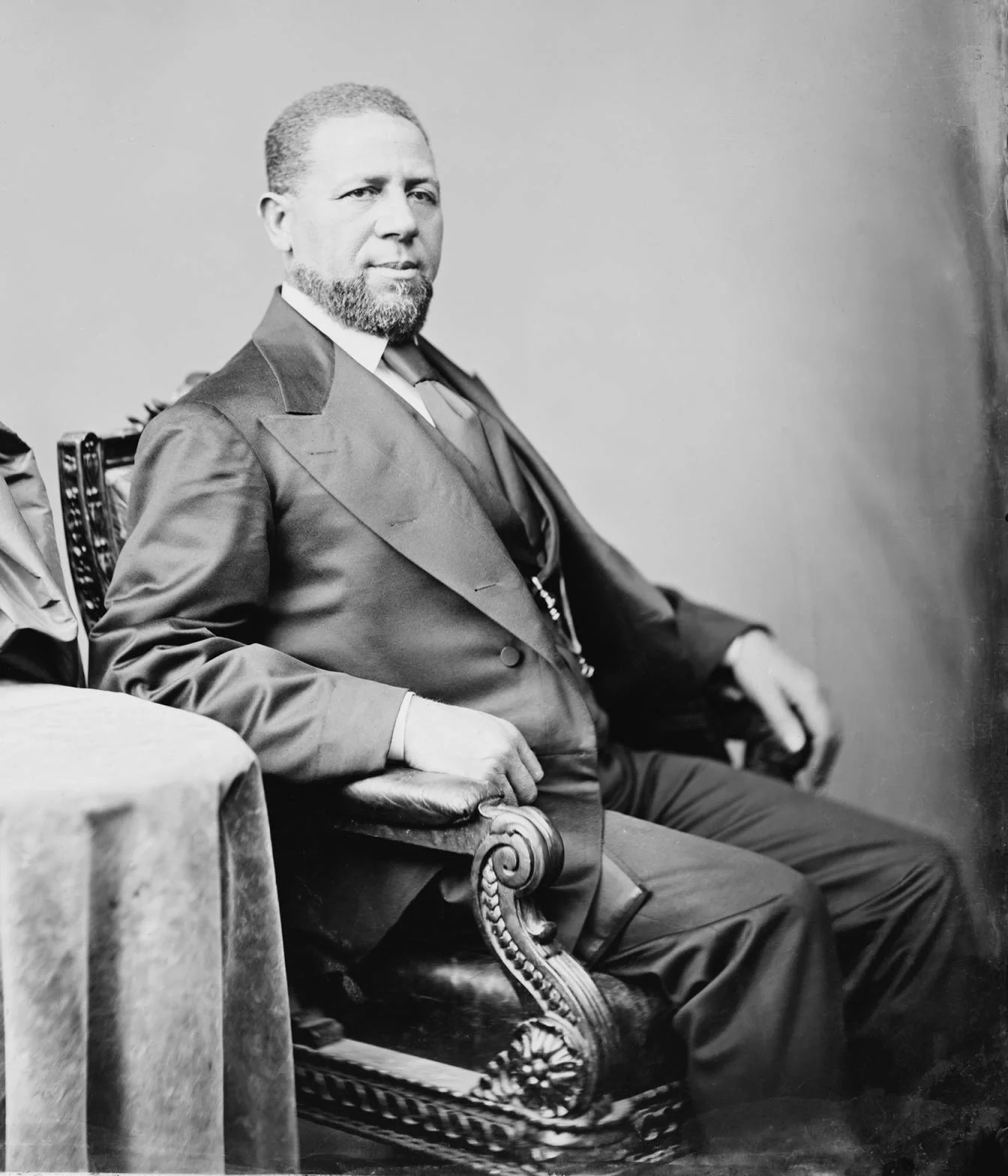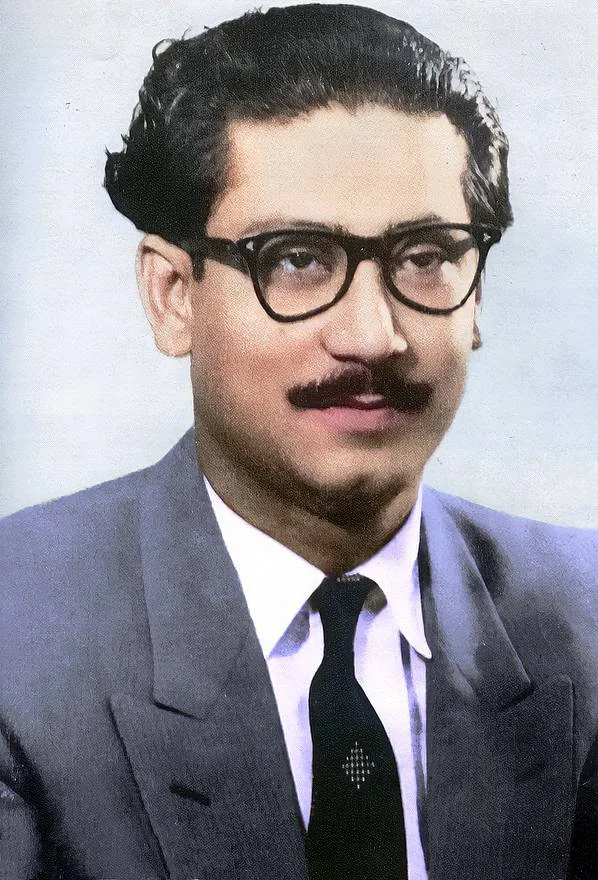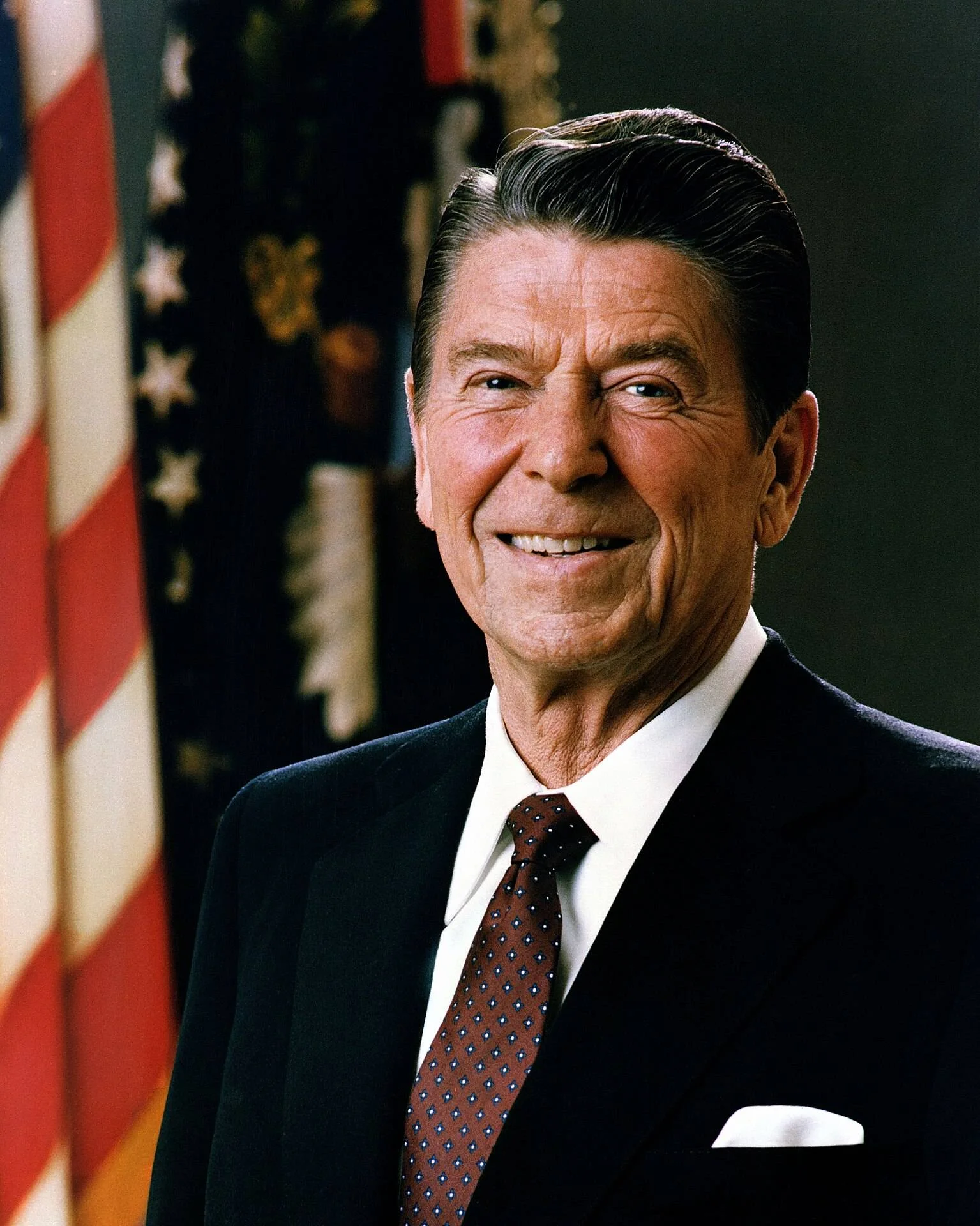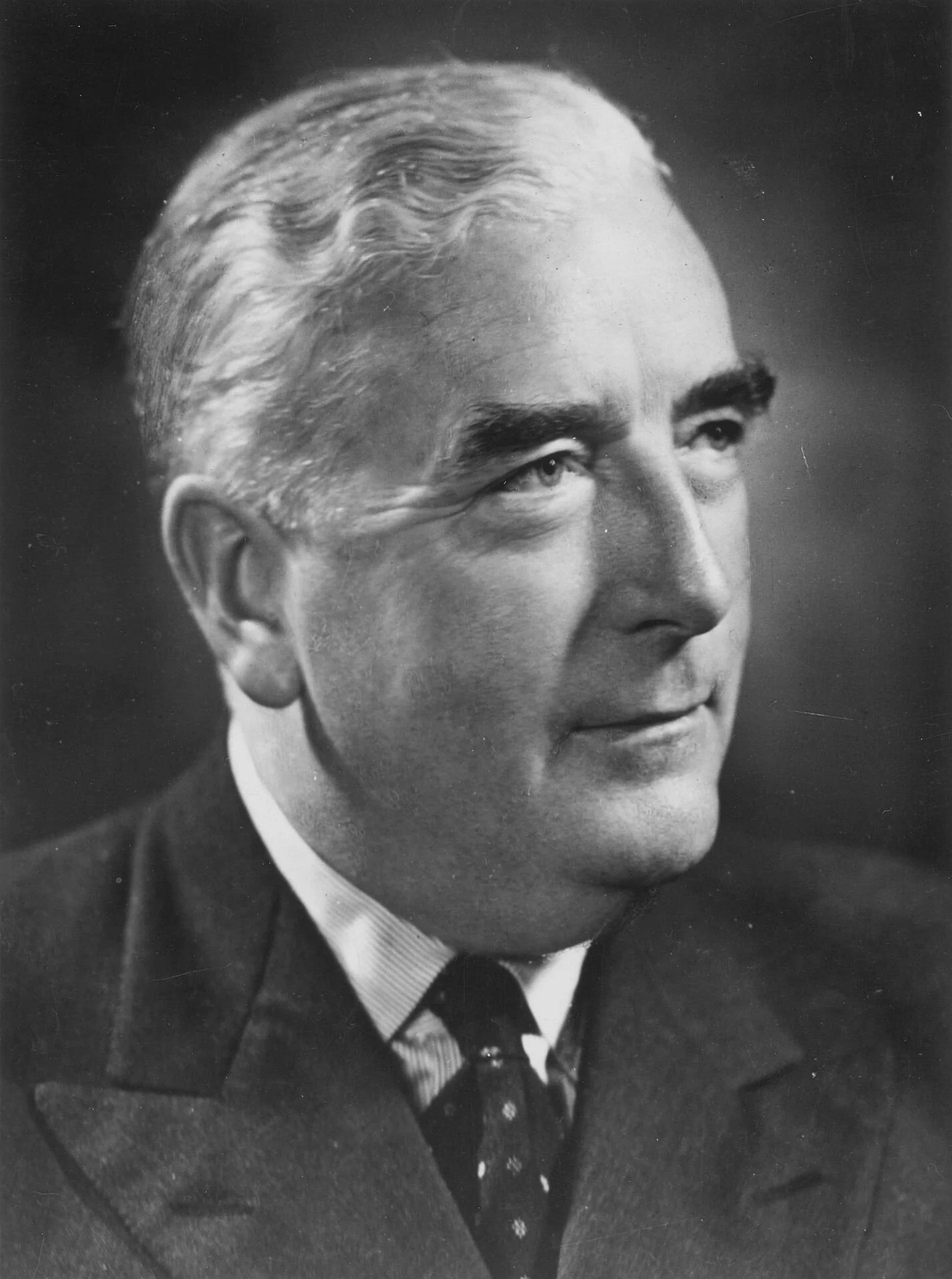Real Celebrities Never Die!
OR
Search For Past Celebrities Whose Birthday You Share
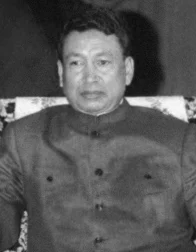
wikipedia.org
Pol Pot
Birthday:
19 May, 1925
Date of Death:
15 Apr, 1998
Cause of death:
Heart failure
Nationality:
Cambodian
Famous As:
Politician
Age at the time of death:
72
Saloth Sâr's Quote's
Pol Pot: Early Life and Family Background
Cambodian revolutionary leader Pol Pot, born Saloth Sar on May 19, 1925, in Kompong Thom province, is remembered for his regime’s horrific atrocities. During his rule of the Khmer Rouge (1975-1979), Pol Pot’s actions resulted in the deaths of nearly a quarter of Cambodia’s population. The chilling story of his life, from a rural childhood to leading a brutal regime, shows the terrible results of radical ideology. Saloth Sar’s family were relatively prosperous farmers in rural Cambodia. His parents owned rice fields, giving him a comfortable childhood compared to many others in his village. At the age of six, he moved to Phnom Penh to live with relatives and pursue his education. He began to experience urban life and formal schooling from this point forward. Despite his initial promise, Saloth Sar struggled academically. Despite failing his high school entrance exams, he chose to attend a trade school for carpentry, a humble beginning that masked his grand aspirations.
Education and Formative Years
In 1949, Pol Pot received a scholarship to study radio technology in Paris. His time in France proved transformative; he joined the French Communist Party and became deeply influenced by Marxist-Leninist ideology. Rather than focusing on academics, he immersed himself in revolutionary activities alongside other Cambodian intellectuals who shared his vision for radical change back home. His studies suffered as a result, and after failing his exams repeatedly, he returned to Cambodia in 1953 without completing his degree.
Personal Life
Pol Pot married Khieu Ponnary in 1956. Ponnary was Cambodia’s first female graduate from a French university and shared her husband’s revolutionary ideals. Through politically unstable times, their marriage persisted; yet, Ponnary’s mental health issues later challenged their relationship.
Rise to Power
Back in Cambodia, Pol Pot joined communist groups resisting King Norodom Sihanouk’s rule. By 1963, he had adopted the pseudonym “Pol Pot” and ascended to leadership within the Communist Party of Kampuchea (CPK). He used jungle bases to develop the Khmer Rouge military, planning an armed rebellion against the government. Unintentionally, American bombing raids in Vietnam fueled Khmer Rouge support amongst frustrated peasantry, thus empowering Pol Pot. In April 1975, Khmer Rouge forces captured Phnom Penh, marking the beginning of Pol Pot’s rule. Cambodia was renamed “Democratic Kampuchea” by him, who instituted “Year Zero” to build a classless agrarian utopia. The regime instituted city evacuations, abolished money, and forced citizens into brutal labor camps. Intellectuals, professionals, and anyone suspected of dissent were systematically executed or left to die from starvation and disease. The Killing Fields stand as a grim testament to this era; over 1.7 million people perished during his regime.
Fall from Power and Later Years
Pol Pot’s aggressive policies led to deteriorating relations with neighboring Vietnam. In December 1978, Vietnamese forces invaded Cambodia and toppled the Khmer Rouge regime by January 1979. Pol Pot fled into the jungles near Thailand, where he continued leading guerrilla campaigns against the new government for years. By the 1990s, the Khmer Rouge had fractured due to internal dissent and external pressure. In 1997, Pol Pot was ousted from leadership by his own comrades and placed under house arrest. He was convicted of crimes against humanity in a show trial but never faced international justice.
Death and Legacy
Pol Pot died on April 15, 1998, near Anlong Veng along the Cambodia-Thailand border while under house arrest. Official reports attributed his death to heart failure; however, rumors of suicide persisted due to the absence of an autopsy. His legacy remains one of unimaginable brutality—Cambodia continues to grapple with the scars left by his regime. While Pol Pot’s vision for an agrarian utopia failed spectacularly, it serves as a cautionary tale about the dangers of unchecked power and ideological extremism.
Name:
Saloth Sâr
Popular Name:
Pol Pot
Gender:
Male
Cause of Death:
Heart failure
Spouse:
Place of Birth:
Prek Sbauv, Kampong Thom Province, French Indochina (now Cambodia)
Place of Death:
Anlong Veng, Oddar Meanchey Province, Cambodia
Occupation / Profession:
Personality Type
Architect Imaginative and strategic thinkers, with a plan for everything. He was known as "The Mastermind," He was strategic, independent, and visionary. Pol Pot’s meticulous planning of the Khmer Rouge’s radical policies and his detached, ideological ruthlessness shows his personality.
After fleeing into the jungle, Pol Pot lived under house arrest until his death in 1998, never facing an international tribunal for crimes against humanity.
In 1979, Vietnamese forces invaded Cambodia, overthrowing Pol Pot’s regime and ending one of the 20th century’s most brutal dictatorships.
Pol Pot was the leader of the Khmer Rouge, the communist movement that ruled Cambodia from 1975 to 1979.
Under his rule, an estimated 1.5 to 2 million people (about a quarter of Cambodia’s population) died from executions, starvation, forced labor, and disease.
Upon seizing power, he declared “Year Zero” and sought to transform Cambodia into a rural, classless society by abolishing money, schools, and religion.
Established Democratic Kampuchea as a communist state
Led the Khmer Rouge to overthrow the Lon Nol government in 1975

